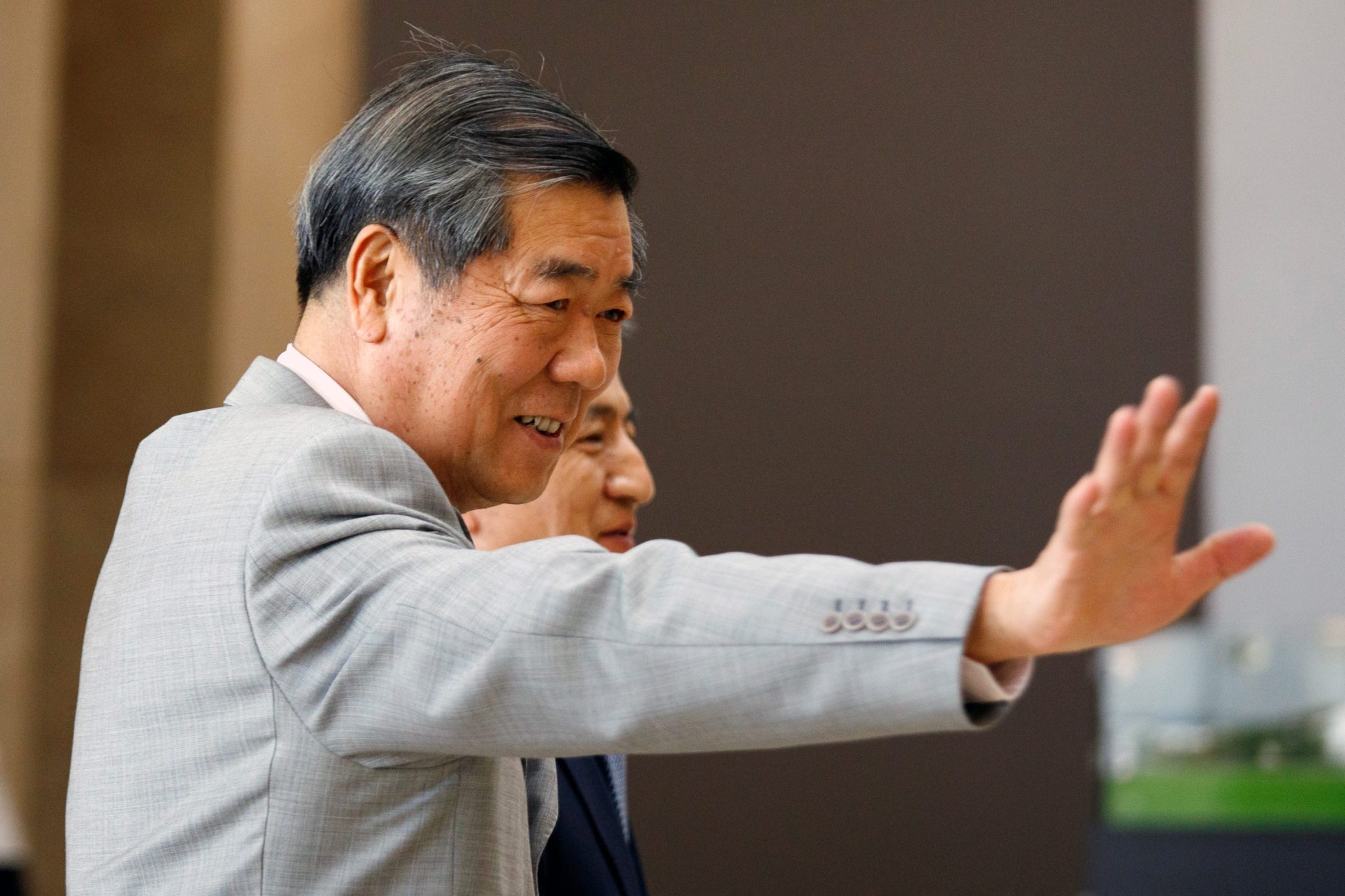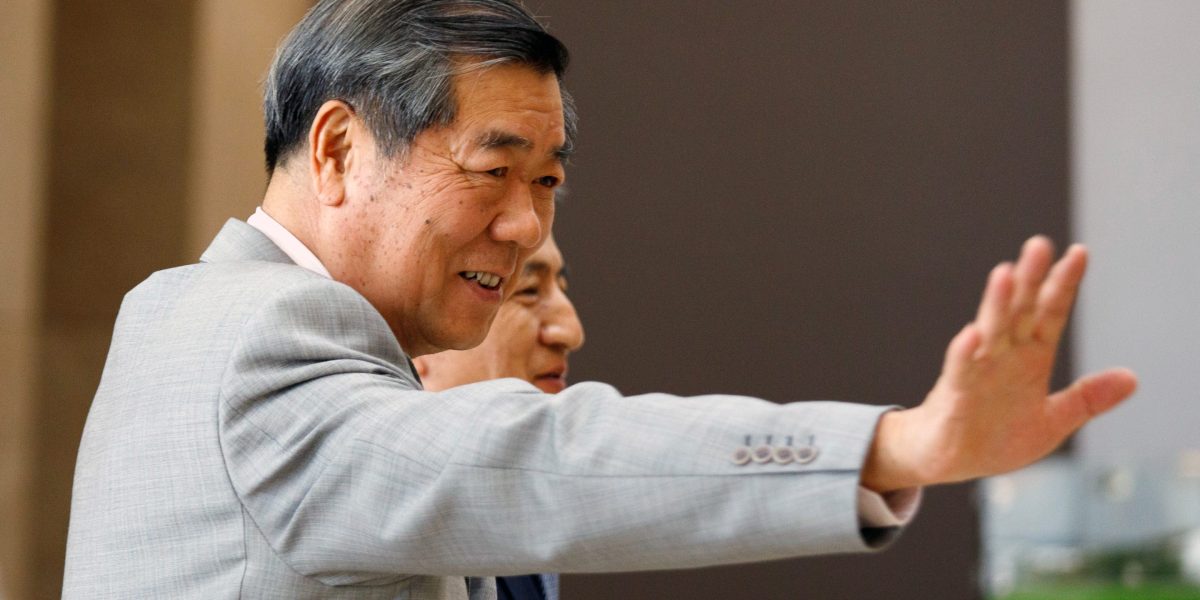
Top U.S. and Chinese officials are meeting in Malaysia on Saturday to set the stage for a summit between Donald Trump and Xi Jinping, with some on Wall Street saying Beijing has gone too far in imposing tough curbs on rare earth exports.
U.S. Treasury Secretary Scott Bessant and Chinese Vice Premier He Lifeng held talks that the U.S. said were constructive. but sources told financial times China is unwilling to relax export controls.
If Beijing refuses to budge and talks between Trump and Xi on Thursday fail to reach an agreement to lift export controls, U.S. tariffs on China will soar to 157%. In addition, other countries may increasingly side with Washington, overcoming previous backlash against the United States over Trump’s global tariffs.
“With Chinese leader Xi Jinping steadfast in imposing sweeping export controls on rare earths and other critical minerals, there are growing signs that Asia’s largest economy has gone too far this time,” Yardeni Research said in a report on Tuesday.
For example, officials in Europe and Japan have joined the United States in denouncing China’s export controls, which could limit supplies of materials critical to numerous industries.
Yardeni noted that negative reactions to Beijing’s tactics also prompted the G7 to vow to present a united front against export controls.
The often unilateral Trump administration has seen an opportunity to change the script and even found an appetite for multilateralism, with Bessant recently saying he would bring together Australia, Canada, India and Asian democracies to develop a collective response.
China, for its part, has blasted U.S. efforts to restrict software and chip exports while redirecting trade to other countries to offset plummeting exports to the United States.
“However, Xi Jinping’s latest trade war tactics may tip the geostrategic balance in favor of the United States, as companies around the world generally believe they are better off doing business in China,” Yardeni said.
Meanwhile, the United States is scrambling to develop alternative sources of rare earths, turning to allies such as Australia, although it could take years for new supplies to reach the market.
Trump has it too his own powerful trade weapon If he attempts to intensify U.S. retaliation, he will deploy military operations against China.
But he has recently said he would rather make a deal and softened his tone, saying last week He “has no intention of destroying China” After previously warning that he could.
Speaking to reporters aboard Air Force One en route to Malaysia, Trump was open to compromise.
“Of course they have to make concessions. I think we will too,” he said. “We have a 157% tariff on them. I don’t think that’s sustainable for them. They want lower tariffs and we want something from them.”

